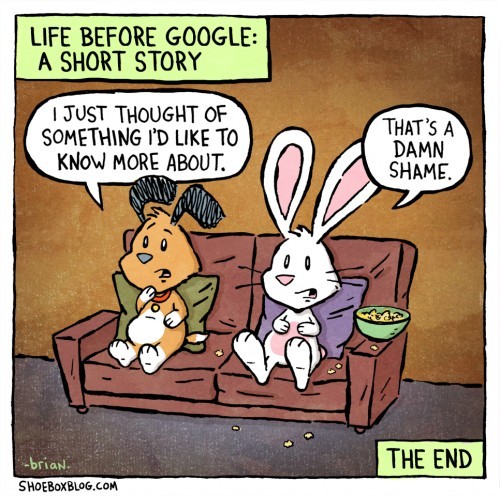As the film notes, Milk ran for the San Francisco Board of Supervisors unsuccessfully three times, and finally got elected only because the city switched from at-large to district-based representation in 1977. Suddenly, it was possible for the Castro to amass enough votes to send a gay man to city hall. And Milk wasn't the only beneficiary -- that same year, the city elected its first African American, its first Asian American, and its first avowed feminist to the city board.
Several people in the film, including Milk himself, talk about what it meant to them to have an openly gay city supervisor. Suddenly, the city government didn't feel like a hostile place. Gays and lesbians had a voice. And the film offers evidence that Milk's election affected people far outside San Francisco.
In his famous yet unpublished manuscript "Why Parties?", Tom Schwartz writes,
To get something from government, do not make the government more representative of you; make it more responsible to you.I tend to subscribe to this theory. Lord knows, there are plenty of hucksters who can get elected by looking like their constituents yet do very little for them once in office. Yet, as this film shows, symbolic representation is not something to be taken lightly.
Update: Somehow I missed Jonathan Bernstein's excellent and substantively similar post on this subject.
